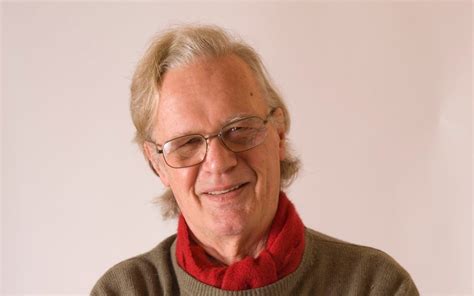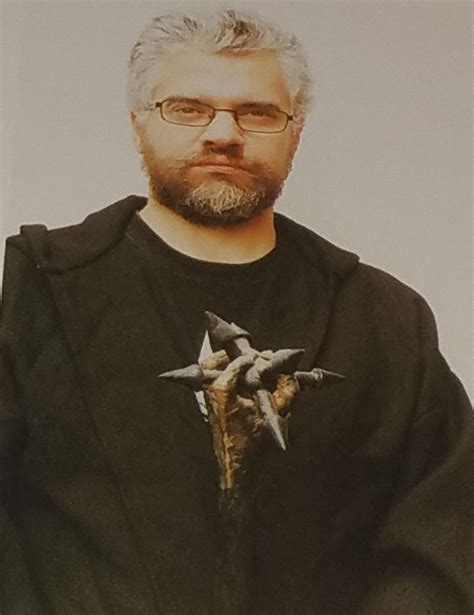A Quote by Barbara Tuchman
It is wiser, I believe, to arrive at theory by way of evidence rather than the other way around.... It is more rewarding, in any case, to assemble the facts first and, in the process of arranging them in narrative form, to discover a theory or a historical generalization emerging of its own accord.
Related Quotes
I wish there was a serious investigation into flying saucers that wasn't conducted by crackpots. Unfortunately nearly all of the people who are interested in them kind of manufacture the evidence to fit the theories rather than the other way around. So it's very hard to find any dispassionate treatment of them. Maybe there isn't any scientific basis in which case that's why you never see any scientific evidence.
When I first began examining the global-warming scare, I found nothing more puzzling than the way officially approved scientists kept on being shown to have finagled their data, as in that ludicrous "hockey stick" graph, pretending to prove that the world had suddenly become much hotter than at any time in 1,000 years. Any theory needing to rely so consistently on fudging the evidence, I concluded, must be looked on not as science at all, but as simply a rather alarming case study in the aberrations of group psychology.
There is the theory that all the living forms in the world have arisen from a single source which itself came from an inorganic form. This theory can be called the 'general theory of evolution,' and the evidence which supports this is not sufficiently strong to allow us to consider it as anything more than a working hypothesis.
Henceforth, whilst there are a great many theories and models proposed as to how, or why, magic works (based on subtle energies, animal magnetism, psychological concepts, quantum theory, mathematics or the so-called anthropomorphic principle) it is not a case that one of them is more 'true' than others, but a case of which theory or model you choose to believe in, or which theory you find most attractive. Indeed, from a Chaos Magic perspective, you can selectively believe that a particular theory or model of magical action is true only for the duration of a particular ritual or phase of work.
Science may be weird and incomprehensible--more weird and less comprehensible than any theology--but science works. It gets results. It can fly you to Saturn, slingshotting you around Venus and Jupiter on the way. We may not understand quantum theory (heaven knows, I don't), but a theory that predicts the real world to ten decimal places cannot in any straightforward sense be wrong.
If the theory accurately predicts what they [scientists] see, it confirms that it's a good theory. If they see something that the theory didn't lead them to believe, that's what Thomas Kuhn calls an anomaly. The anomaly requires a revised theory - and you just keep going through the cycle, making a better theory.
Wheeler hopes that we can discover, within the context of physics, a principle that will enable the universe to come into existence "of its own accord." In his search for such a theory, he remarks: "No guiding principle would seem more powerful than the requirement that it should provide the universe with a way to come into being." Wheeler likened this 'self-causing' universe to a self-excited circuit in electronics.
No theory ever agrees with all the facts in its domain, yet it is not always the theory that is to blame. Facts are constituted by older ideologies, and a clash between facts and theories may be proof of progress. It is also a first step in our attempt to find the principles implicit in familiar observational notions.






































